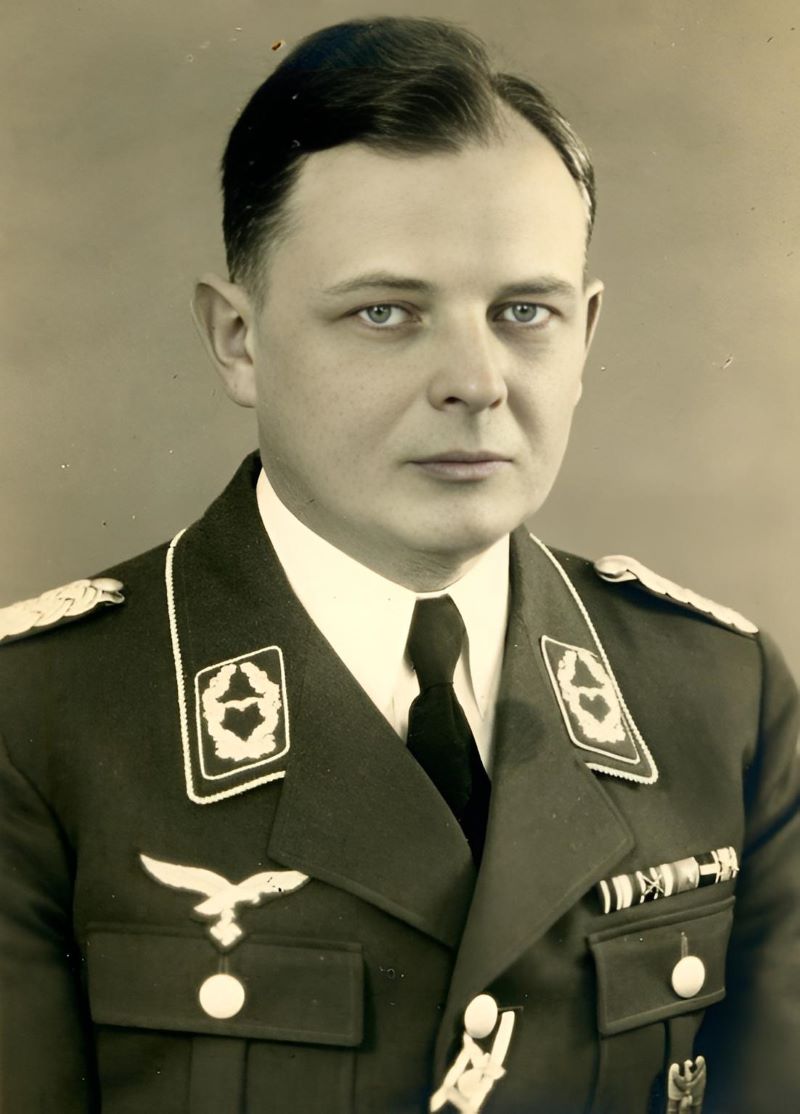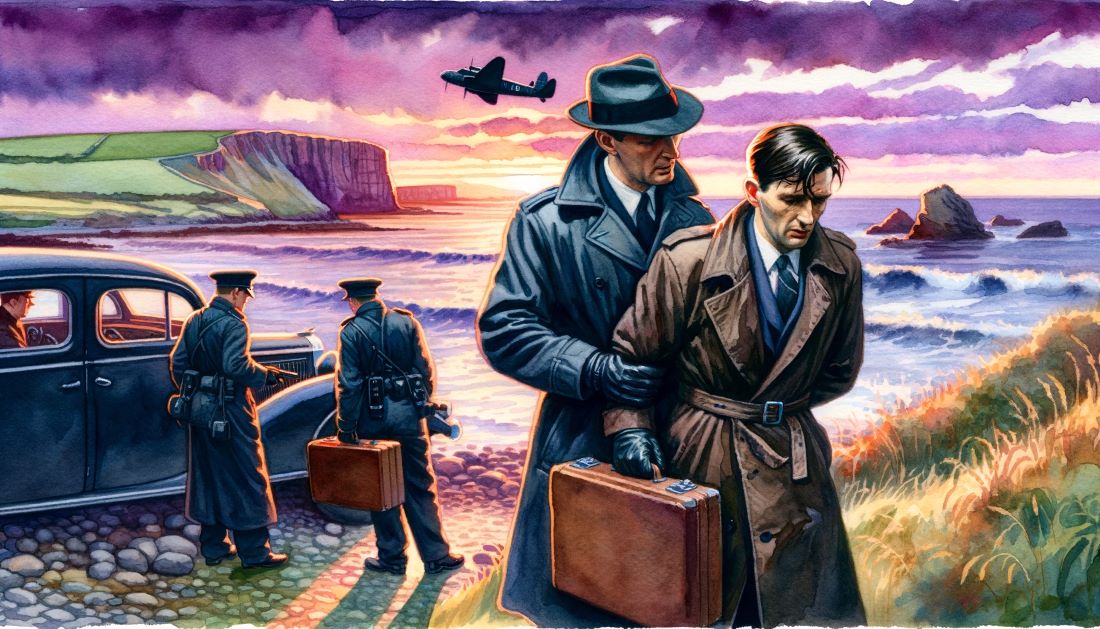Operation Lena, initiated in 1940, was a covert German endeavor aimed at destabilizing the United Kingdom during the early stages of World War II. This operation served as a precursor to the planned but never executed Operation Sea Lion, the proposed amphibious invasion of Britain. The primary objective of Operation Lena was to deploy German agents with the task of conducting sabotage and espionage to weaken British defenses and morale. These clandestine activities were intended to pave the way for a larger military invasion, highlighting the strategic importance Germany placed on undermining Britain’s capacity to resist.
Strategic Aims and Leadership of Operation Lena
Operation Lena’s objectives were multifaceted, encompassing the disruption of British infrastructure, the collection of intelligence, and the sowing of discord within the civilian population. At the helm of this intricate espionage effort was Major Nikolaus Ritter, head of the Abwehr’s air intelligence section. Ritter’s leadership was instrumental in the planning and execution of the operation, underlining the strategic importance Germany attached to subverting British defenses ahead of a planned invasion. The agents were tasked with a range of activities, from gathering military intelligence to sabotaging critical infrastructure, such as railway lines and factories vital to the British war effort.

To infiltrate the United Kingdom undetected, the German intelligence service, the Abwehr, strategically recruited individuals in Belgium and the Netherlands, hoping these agents could masquerade as refugees. This selection was strategic, as these individuals could more easily blend into British society, leveraging their status as refugees to avoid suspicion. The recruited agents were expected to execute acts of sabotage, gather crucial intelligence, and even prepare for the facilitation of an invasion force. Their operations aimed not only at physical disruption but also at weakening the morale of the British public, demonstrating the depth of German strategic planning in the initial years of the war.
The Downfall of Operation Lena
The effectiveness of Operation Lena fell far short of its ambitious objectives, ultimately marking the mission as a failure. Despite the deployment of numerous agents into the United Kingdom, the mission was plagued by poor planning and inadequate equipment, which severely compromised the agents’ ability to carry out their tasks. The lack of proper support and the hurried nature of their insertion meant that these operatives were ill-prepared for the complexities of espionage and sabotage within a highly vigilant Britain. This operational oversight led to a swift compromise of their missions, making them easy targets for British counterintelligence efforts.

The British Security Service, MI5, proved to be a formidable adversary against Operation Lena, demonstrating exceptional efficiency in identifying and apprehending the German agents. Many of the operatives were detected almost immediately upon their arrival, a testament to the effectiveness of Britain’s counter-espionage measures and the agents’ glaring operational flaws. The subsequent arrests and trials of these individuals not only neutralized the immediate threat they posed but also provided British intelligence with valuable insights into German espionage techniques. This failure of Operation Lena underscored the challenges of conducting clandestine operations in enemy territory and highlighted the resilience of British defenses during the war.
Historical Challenge: Can You Conquer the Past?
Answer more than 18 questions correctly, and you will win a copy of History Chronicles Magazine Vol 1! Take our interactive history quiz now and put your knowledge to the test!

